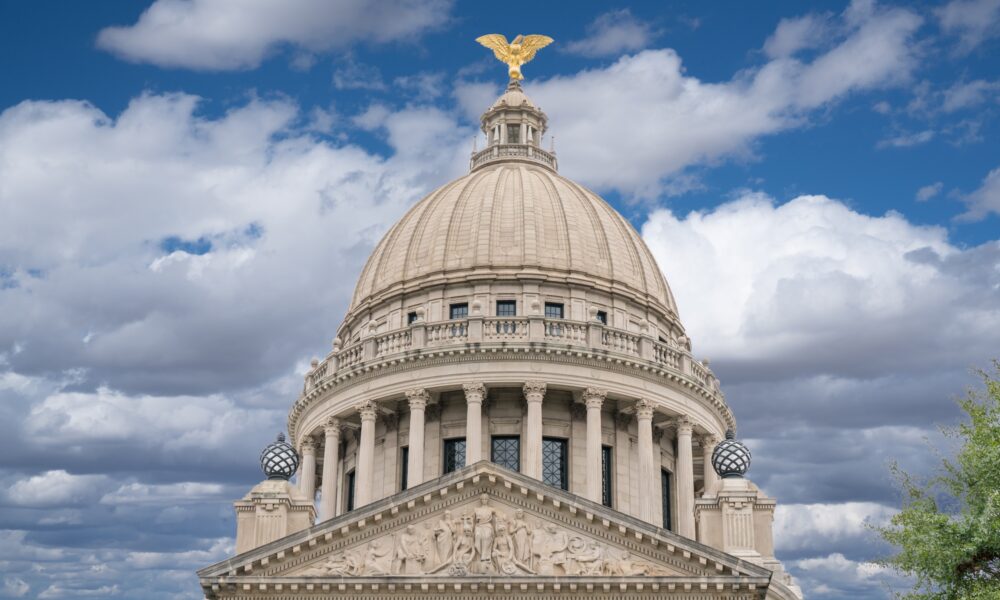Committee
Universities & Colleges
Author
Becky Currie
Session
2024 Session
Latest Action
The Universities and Colleges Committee failed to vote on HB 127 by the March 5 deadline, causing the bill to die in committee.
Explanation of the Bill
House Bill 127 would enact a number of restrictions on public universities and community colleges related to diversity, equity, and inclusion (DEI) initiatives. Most notably, HB 127 would prohibit public universities and community colleges from promoting any programs or campus activities that advocate for diversity, equity, and inclusion. This would effectively require public universities and community colleges to disband any existing DEI offices, as well as likely discontinue a number of programs and campus activities not associated with a DEI office. HB 127 would also require public universities and community colleges to establish a policy prohibiting “the endorsement or dissuasion of, or interference with, any lifestyle, race, sex, religion or culture,” though the implications of this broad prohibition are somewhat unclear.
HB 127 would restrict public universities and community colleges from the following:
- Soliciting pledges or statements “for or against certain viewpoints” related to political identity or ideology as part of any “hiring, promotion, disciplinary, or evaluation process” (specifically naming Critical Race Theory, or CRT, and DEI as examples of ideology);
- Expending funds to do business with “any organization that discriminates on the basis of race, color, national origin, sex disability or religion;”
- Expending funds to “promote, support, or maintain” any campus activities that “promote discrimination;”
- Expending funds to “advocate for diversity, equity and inclusion;”
- Expending funds to “promote or engage in political or social activism;”
- Sponsoring or supporting any Office of Diversity, Equity, and Inclusion;
- Sponsoring or supporting any “initiative or formulation of diversity, equity and inclusion,” beyond what is necessary to “uphold the equal protection of the laws” under the 14th Amendment; and
- The “endorsement or dissuasion of, or interference with, any lifestyle, race, sex, religion or culture.”
The restrictions under HB 127 vary significantly in scope and impact. The restrictions related to discrimination are unlikely to be controversial, and they are also unlikely to substantively change existing institutional policies at public universities and community colleges. On the other hand, the restrictions related to DEI would likely lead to many changes on campuses. To start, HB 127 would abolish any DEI office. Using a 2023 report on DEI spending at public universities from the Office of the State Auditor as a guide, it appears that most (but not all) public universities in Mississippi have some iteration of a DEI office. (It is unclear if these offices exist at state-supported community colleges, as these are not mentioned in the report.) These offices appear to employ a handful of administrators and conduct programming that ranges from “Monthly Cultural Celebrations” at Alcorn State University to the “National Endowment for the Arts (NEA) Big Read project” at Delta State University. These offices would be disbanded under HB 127.
Because HB 127 would also restrict supporting any “initiative or formulation of diversity, equity and inclusion,” it is possible that campus programming outside the realm of DEI offices could also be banned. The State Auditor report on DEI spending included a wide range of DEI initiatives not under the purview of a DEI office. For example, Jackson State University’s lone DEI initiative mentioned in the report, “Advancing Health Equity in Chronic Kidney Disease: Changing the Narrative to Serve Mississippi’s Most Equitable Populations,” is housed within the College of Education and Human Development. However, depending on how the legislation would be interpreted—it does not specifically define “diversity, equity and inclusion”—it could conceivably apply to initiatives like this.
HB 127 also contains a provision requiring public universities and community colleges to “adopt a policy detailing students’ rights and responsibilities regarding expressive activities” that must prohibit the “endorsement or dissuasion of, or interference with, any lifestyle, race, sex, religion or culture.” It is unclear what the intent or the impact of this provision would be. Because this prohibition appears to extend to students rather than the institution, a plain reading of this provision suggests that the required policy must prohibit students from personally endorsing anything from Christianity to a vegan lifestyle. Because this would be obviously unconstitutional, it is possible there was a different intention for this provision—though it would almost certainly need to be amended to withstand legal scrutiny.
| Date | Details |
|---|---|
| 1/17/24 | On January 17, HB 127 was referred to the House Universities & Colleges Committee. |
| 3/5/24 | The House Universities and Colleges Committee failed to vote on HB 127 by the March 5 deadline, causing the bill to die in committee. |

